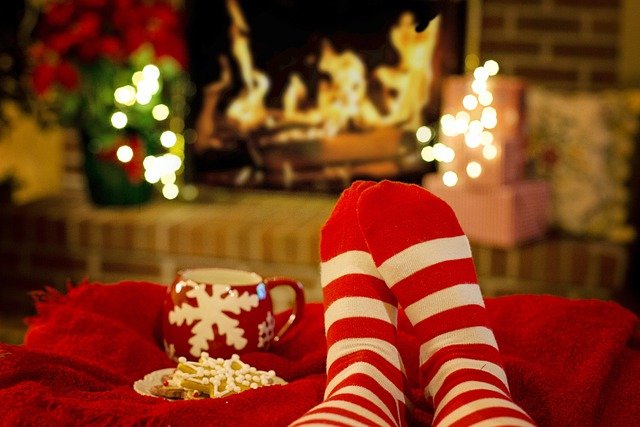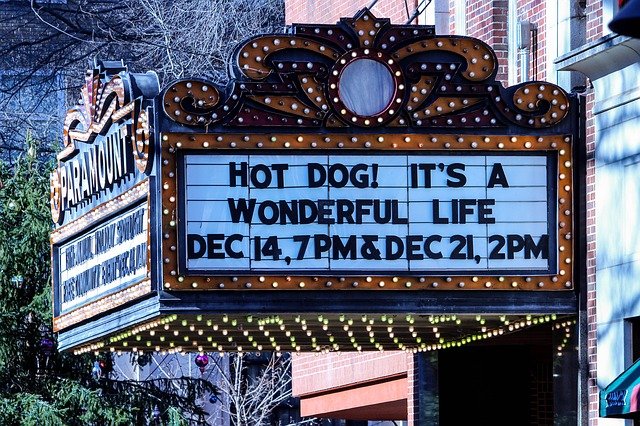Are we in danger of nostalgia overload this Christmas?

Nostalgia remains an important staple of Christmas-lore, fuelled by movies, yuletide treats, lavish consumer campaigns and Dickensian scenes. And after the car crash that was this year, many of us will be eager to retreat into the familiarity and tingly warmth of Christmas past more than ever – myself included.
The role nostalgia plays in our lives is something long-debated by psychologists. The roots of its etymology – a compound of the Greek words for ‘homecoming’ and ‘ache’ – lies in the accounts of homesick sailors when, centuries ago, it was thought of as a disease. Later it was demoted to a deep melancholy until the case of one particularly morose sailor, who only began to improve after he was permitted to return home. It’s this ‘return home’, or at least, a semblance of a familiar place or time, psychologists argue can a reinforce who we are - beneficial when we’re faced with uncertainty or the unfamiliar. And Christmas, which permits many of us to shirk work responsibilities, retreat to the fantasylands of our childhood and share memories with loved ones, is the perfect vehicle to get us there.
But, as Christmas becomes increasingly commercial, oozing from every corner, screen, window and speaker, its saturated re-imagining can distort our memories and cause comparisons between ‘now and then’ to become ever-more disparate. Whether it’s a camera panning over a lavish festive spread alongside a glowing fire, a lamplit village Christmas card scene or insatiable lust for the snow globe cottage in The Holiday, the clash of expectation and reality as we get older can result in disappointment and hangover style doom, come January.

That said, attempts to indulge my inner child in the covid era are more difficult this year, even with the usual cast of blockbuster staples. Without my nieces and nephews and a partner about, my festive viewing schedule basically results in me scrolling through someone’s aunt’s staycation pictures, while trying to convince myself Buddy the Elf isn’t just kind of creepy. Not to mention the sycophant Culkin’s recent announcement about his 40th birthday on Twitter is proving mildly traumatic.
One festive viewing fix which captures the dark side of nostalgia perfectly is Raymond Briggs’ The Snowman. In fact, the televised version was famously lambasted by the writer whose original story did not include Santa Claus. Its winter setting played a more poignant role in capturing the dual reality of love and loss and of joy and sadness. It might come as no surprise that I love The Snowman – whether it’s the truthfulness of it, or the magic and transience of nature, whose constant cycle reassures us happy times will return.
For me, living back with my parents after the end of a long-term relationship, and who like many, faced with inadvertent house arrest and job uncertainty, the future is a looming mass of fog. This makes the familiar past and its cast of characters all the more palatable, yet, when tainted by loss, nostalgic memories are a double-edged sword.
That’s why this Christmas, I intend not to look to the past, but to the present; to realise and capture those peaceful and in between moments (nowadays lost to hours of phone scrolling) in earnest. This could be reading a book by the tree, experimenting with festive recipes, clutching a mug of coffee on a frosty morning or collecting foliage from the garden for decorations. And there’s no reason why such humble joys can’t be collected and stored in some chamber of my brain – like BFG’s dream jars – so I might recount them fondly in Christmas Future.
